National Care Service Forum 2023: report - easy read
This easy read report contains findings and next steps from the National Care Service Forum 2023. The forum was held on 30 October 2023 at Glasgow Science Centre.
Part 2: What we learned on the day
What we learned on the day
Speeches
You can see the speeches on YouTube.
Find the link to the videos at www.gov.scot/ncs.

Panel question and answer session
At the forum the panel took questions in person and online.

Here are some of the main things people talked about:
- lived experience is the most important thing. It must be used in a way that means something. Any NCS failures will affect people who use social care support the most
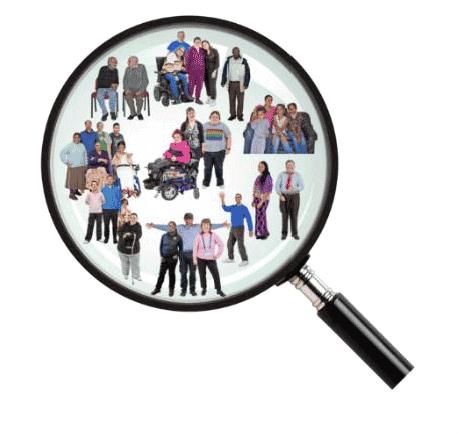
- the NCS is the long-term plan. We still need to solve the short-term issues

- person-led is important. People must choose and control their social care support
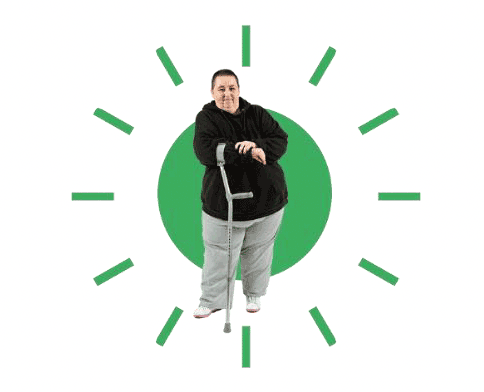
- the NCS needs to create flexible career pathways for the workforce
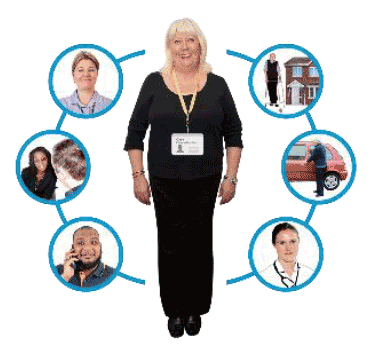
- there were concerns about availability of staffing to support the future plans of the NCS

- local experience is important while also improving standards at a national level
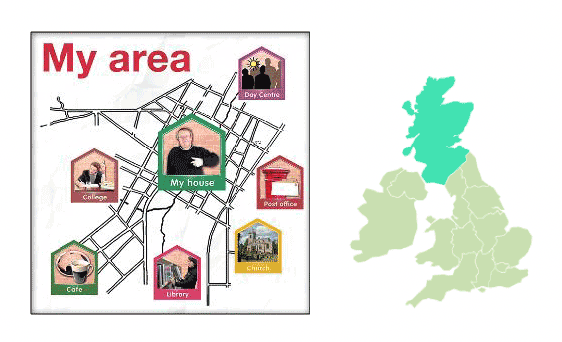
- some people questioned if the Verity House agreement may change the scope of the NCS

- access to social care support should be about needs and not budgets

- it is unclear how drug and alcohol services will fit into the NCS

- if Self-directed Support had been implemented properly, we would not need a National Care Service
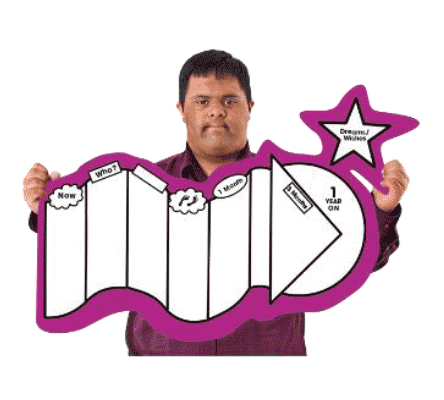
- people are not being held to account to do their job properly

Small group discussions around tables
We asked people to choose one of these 5 discussion topics to join:
- Social care support should follow people and their friends and family through changes
- Prevention is important too
- Needing social care support should not feel unusual or stigmatising
- Shared decision making is needed at all levels
- We must be careful not to exclude anyone as we develop the National Care Service
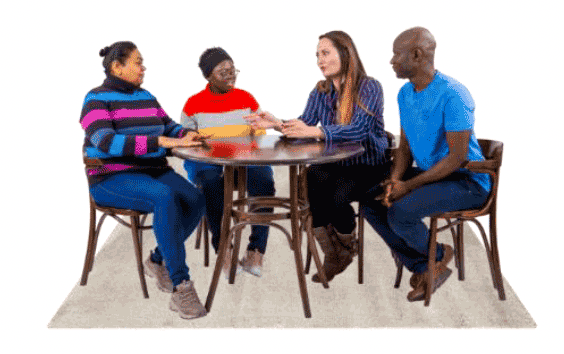
People from Scottish Government and other groups helped manage the discussions. They also took notes.

They came from these groups:
- NHS Greater Glasgow and Clyde
- Alzheimer Scotland
- Hansel.org.uk
- COSLA
- Allied Health Professions
- NHS Education For Scotland
- Change Mental Health
- Coalition of Carers Scotland
- Health and Social Care Alliance
- Just Right Scotland
- CEMVO Scotland
- Care Inspectorate
- Children in Scotland
Findings by topic
‘We must be careful not to exclude anyone as we develop the National Care Service (NCS)’
People discussed groups who have not had many chances to help design the NCS.
They discussed how these groups could be more involved.
These groups included:
- personal assistants (PAs)
- volunteers
- people with dementia
- Gypsy/Travellers and migrants

People also discussed representation for frontline carers and unpaid carers.

People suggested ways to include people, like:
- training more advocates to reach communities

- more public media campaigning

- making sure accessible formats like easy read are high quality

- face-to-face work, like organisations working with communities they have ties to
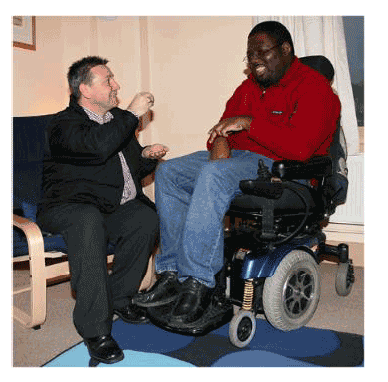
People said co-design could help people trust public bodies more.
For example, the council or the government.

‘Care and Social care support should follow people and their friends and family through changes’
People talked about the best ways of sharing information about social care support.

They discussed:
- guidance and training for the workforce about what information can be shared

- keeping information in one place, for example in a health and social care record

- improving communication processes during changes in social care support
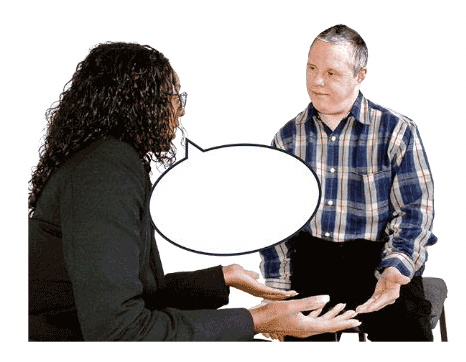
- the importance of the words used during changes

- if the NCS could have an inclusive communications team like Social Security Scotland
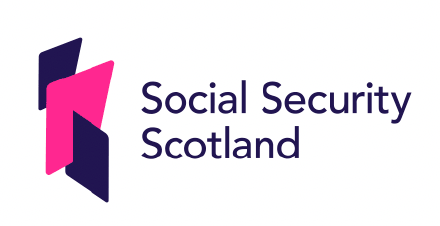
- better ways of working together, for example services being based in the same place and more working with social workers
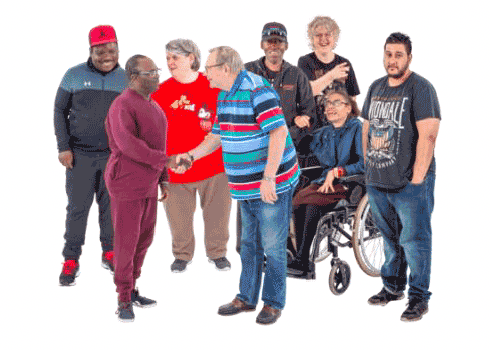
People said these ideas would also support moving from child to adult services. Or moving areas.

They said planning a transition from child to adult services must start long before a young person turns 18.
‘Shared decision making is needed at all levels’
People discussed how important communication about NCS decisions is.
They said:
- it should be clearer how working with people leads to decisions being taken
- NCS decisions must happen at all levels. Different people must get the chance to be involved
- people with lived experience must be able to give views without affecting their own situation

People discussed changing Integrated Joint Boards.

Integrated Joint Boards are groups where people make decisions about Health Boards and councils.
They said people delivering or receiving social care support must have a say.
People discussed what a National Care Service Board should be like.
They said:
- it should include people with different kinds of lived experience. This should mean something and not just be for show
- we must think carefully about voting rights, choosing Board members, power and gender

People suggested ways people with lived experience could take part in the Board. For example:
- support to help people take part including financial support, training and ongoing support

- putting people with lived experience in charge of setting the agenda

- being aware that attending boards can make people nervous

- reducing paperwork

- setting targets that mean something to people accessing and delivering services

‘Needing care support should not feel unusual or stigmatising’
People discussed how things like lack of understanding or community can lead to stigma.
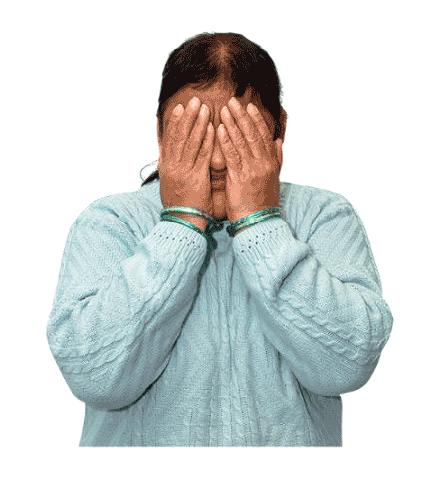
Stigma means feeling shame and people having unfair ideas about you.
People shared examples covering:
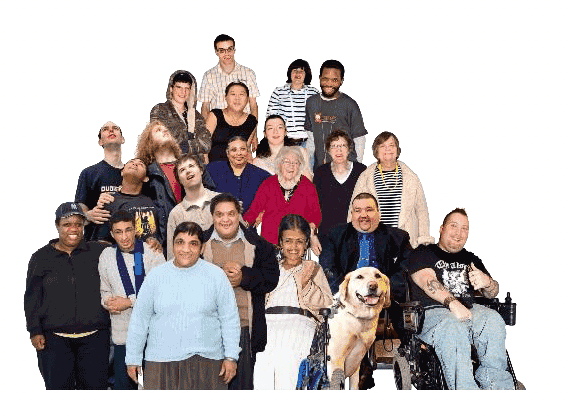
- neurodiversity (for example, this could mean being autistic)
- being LGBT
- age
- different cultures
- how services are designed. For example, services for people with dementia designed only for older people

- how assessment or eligibility criteria can lead to less empathy

- how staff training such as British Sign Language (BSL) can help reduce stigma
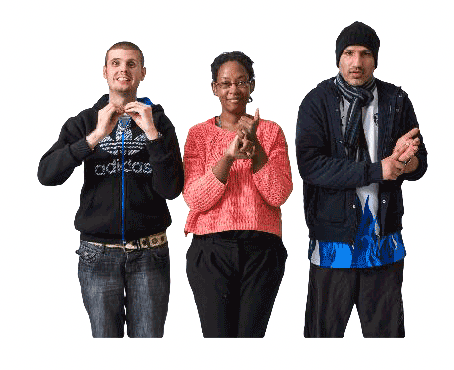
Ideas included:
- letting people have private conversations with social workers away from family members

- the role of advocacy for young people
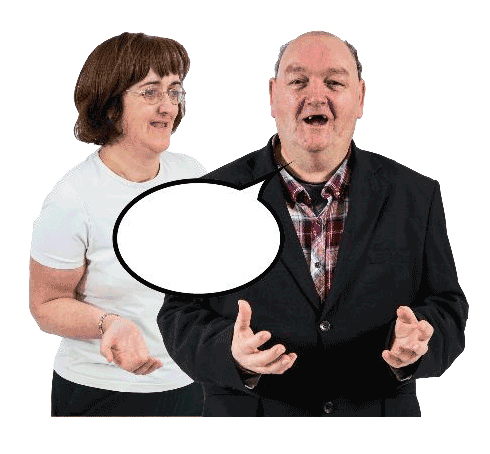
- a better complaints system

- how making social care and NHS workers equal can help provide a caring service
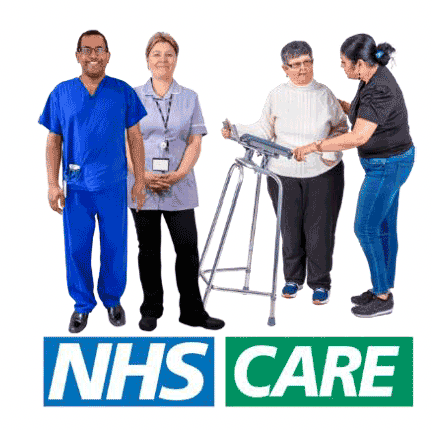
‘Prevention is important too’
Prevention means giving someone help early so they may need less help later on.
People said:
- there should be accessible information about prevention services

- human connection through things like social workers or lunch clubs can help reach people

- funding can be harder to spend on prevention
- it should be clearer how funding works

People said the NCS could improve prevention through:
- ethical commissioning. This means a good and fair way of getting services in place to meet people’s needs

- balancing local choice with national standards

- sharing information about prevention

Feedback after the event
We sent everyone who came a survey about the event.
We will use this feedback to help us plan future events.

Contact
Email: NCSDesign@gov.scot
There is a problem
Thanks for your feedback